CUSD Board of Education special election candidate profiles: Aaron Peterson
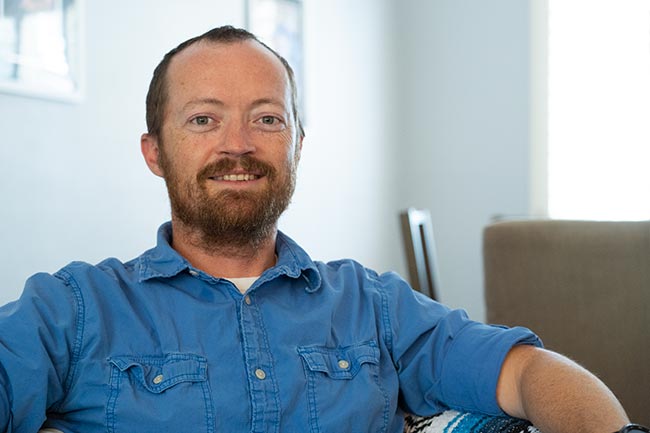
Aaron Peterson is one of three candidates vying for the Trustee Area 4 seat on Claremont Unified School District’s Board of Education in the July 25 special election. Courier photo/Andrew Alonzo
by Andrew Alonzo | aalonzo@claremont-courier.com
Aaron Peterson, a 42-year-old technical service engineer for Lockheed Martin Corporation, is one of three contenders for the Trustee Area 4 seat on Claremont Unified School District’s Board of Education. Election Day is July 25.
Peterson campaigned for the Trustee Area 4 seat in the November 2022 election, losing to former CUSD Board President Steven Llanusa — who subsequently resigned a month later — by just 316 votes.
Asked why he chose to become involved in another school board race, Peterson said, “I’m not going to just drop out and be like, ‘That was my one shot.’
“Let’s basically pick up where I left off and keep ensuring that people are aware that there’s someone out there who’s willing to step forward and say, ‘I want to be the parent who helps represent parents for the school.’”
If elected, Peterson hopes to deliver on three promises: addressing the downward trend of student enrollment and attendance, tightening up CUSD finances, and mending the disconnect he sees between CUSD officials and stakeholders.
“You can’t put your finger on it and say, ‘Well, it’s this thing right here,’” he said regarding the perceived disconnect. “I grew up in the Midwest … I remember my parents going to school board meetings all the time, and I went to school board meetings with them once in a while. I was like, ‘There’s a lot of people involved.’ And the [CUSD] school board meetings I’ve been to, unless it’s been a big issue there’s almost nobody there.
“What can I do to make sure that the parental voices are at the table? We can form that union between parents, teachers, and students because we’re all invested in this.”
Although he does not have a background in education, Peterson cited his problem-solving prowess as a key reason he’s uniquely qualified for the school board seat.
“I come from an engineering background,” he said. “So a lot of my job is creating solutions for problems. And in full clarity, that’s oftentimes with hardware and software solutions from a third party. But the fundamental ideology is there. It’s this idea of really being a different mindset, I guess, in regards to seeing a problem and how I would address things.
“If there is a problem, I don’t want to just solve the problem, I want to know how we ended up with the problem so that if we see a similar pattern, we know how that problem was created, and in the future, we can divert away because we can see a problem coming.”
There is heightened debate across the country — including at nearby Bonita Unified School District in San Dimas/La Verne — over schoolchildren’s access to books with LGBTQ+ themes and others regarding race, history, sex, and gender. Asked his take on this, Peterson said, “The overarching concept of removing knowledge should not be looked on as a go-to answer.
“But with that, we need to have that drop of, I guess, that grain of salt. You don’t give complex thoughts to a simplistic mind; you do not give books of the world to a second grader who has very little concept of the world. So, you have to have this content moderation.
“These groups are asking for [books] to be taken out of school. You can probably still get it in the store, you can get it at the public library, et cetera, so let’s not mislabel what’s actually going on. It’s that parents are finding out after the fact that there are [these] books in school. If it was parents being more involved in the school district, then they could have found out about it beforehand and could have said, ‘Hey, why is this in the elementary library? As an adult, I feel like this is more something that’s in a high school library.’”
Peterson also weighed in on the national discussion of what version of history should be taught in public schools.
“I know there’s been some things back and forth about what should be studied in regards to history, and what shouldn’t be studied,” Peterson said. “I think we can sit down with a book and say, person A did a certain thing at a certain time, and this was the outcome. But I think, positive or negative, what if we focused history on a philosophical perspective of let’s learn from what that person did, regardless of the consequences of their decision.”
Peterson said he knows these types of debates can quickly turn heated and hostile. However, he’d still like to “bring everybody back to the table and have a rational conversation as adults.”
“Let’s create this middle ground [where] we’re not banning books, but we’re also not forcing people into something that they don’t want,” he explained. “It’s like that’s what’s been lost: a middle ground and the ability to compromise. Let’s go back to doing that, because we used to be good at it.”
More information is at peterson4cusd.com. Hear Peterson’s recent Claremont Speaks interview at claremontspeaks.com, or on streaming services.



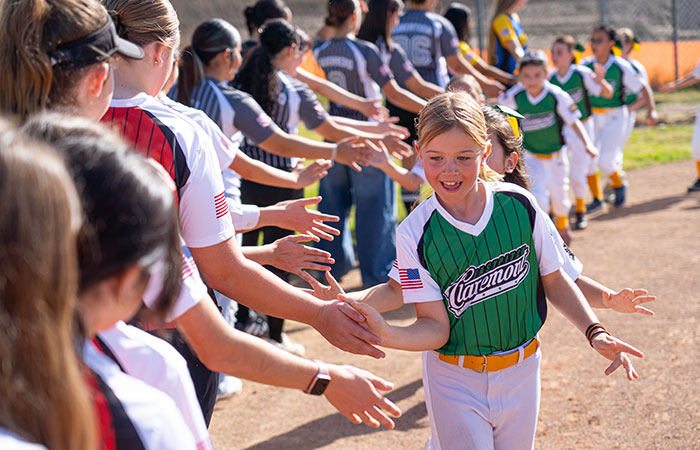

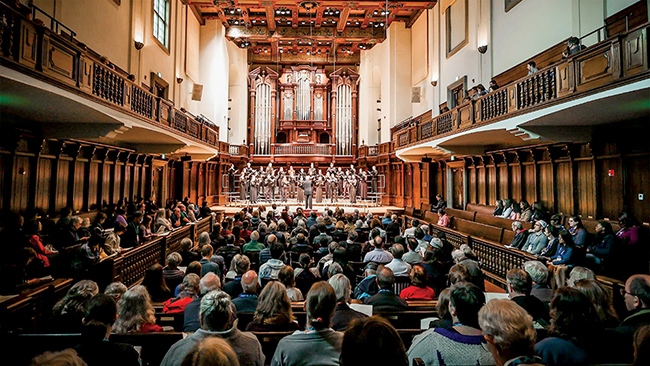
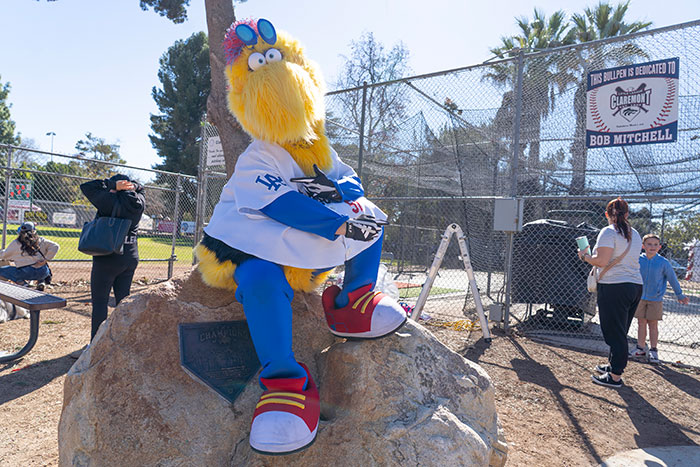
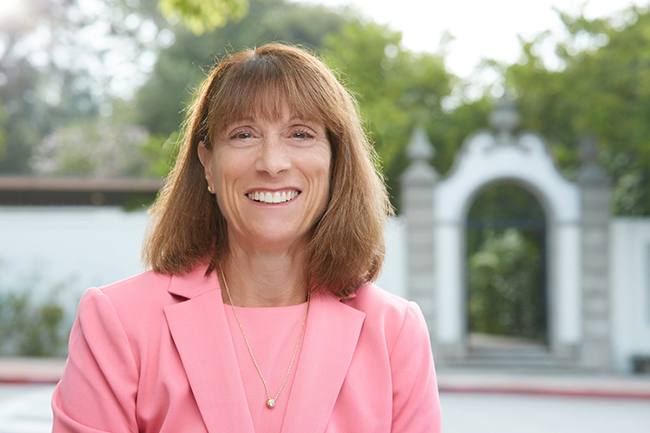
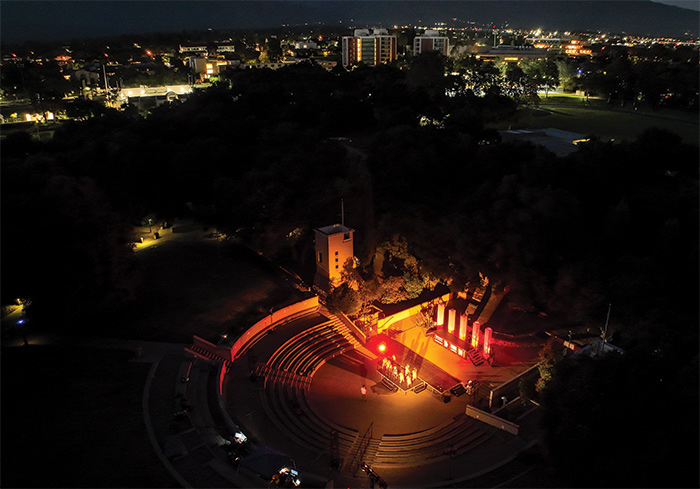

0 Comments